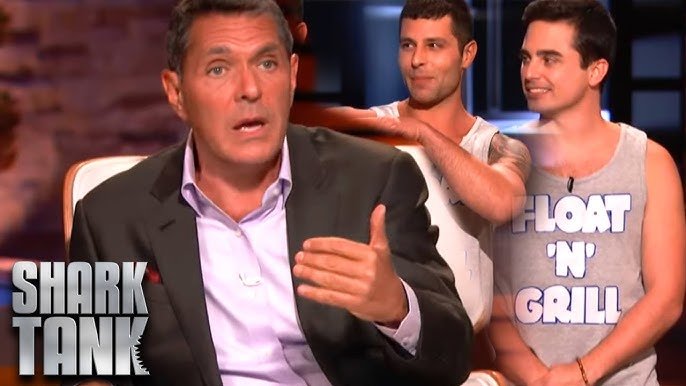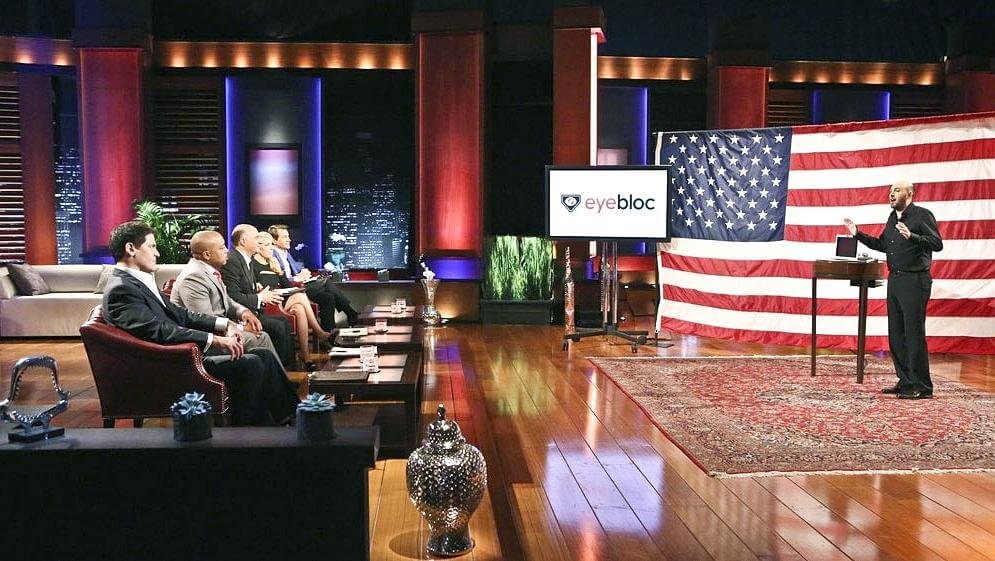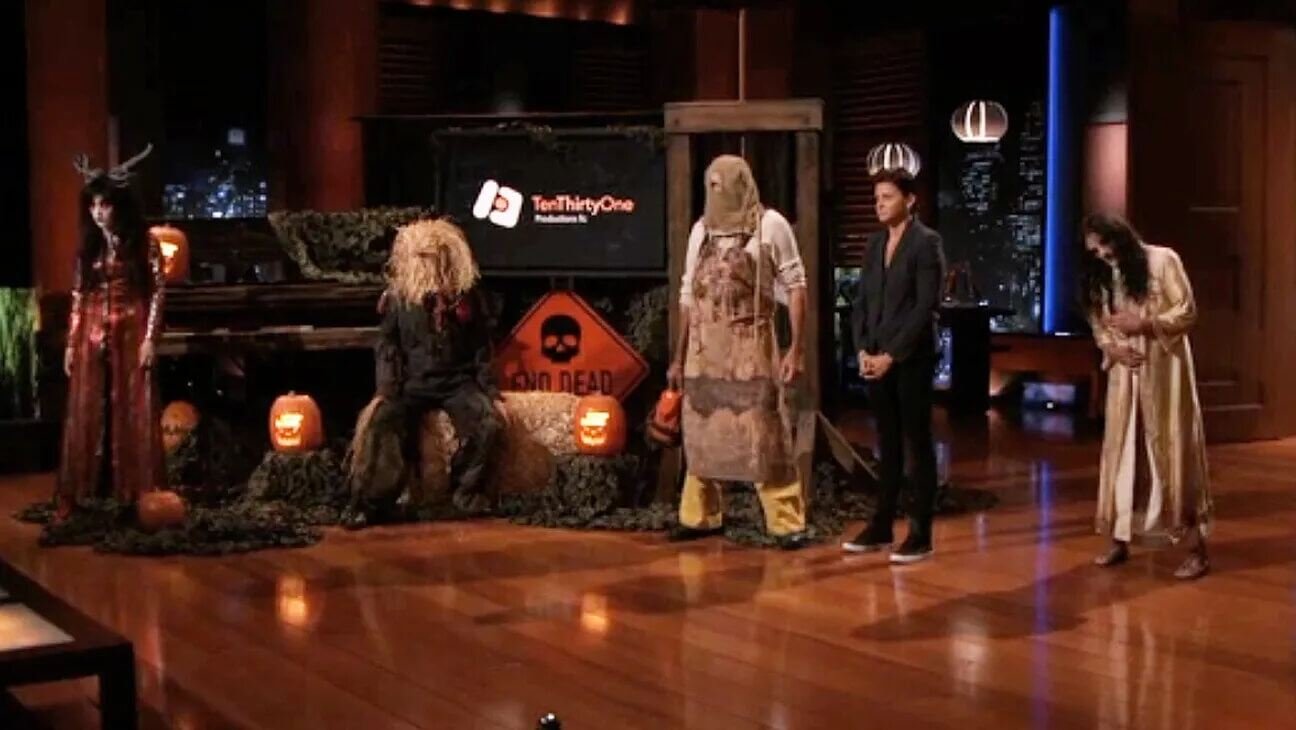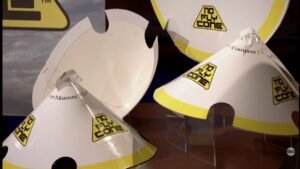Shark Tank fans love a flashy pitch. They got a deal, and now they’re rich! Right? Wrong. The You Smell Soap story is exactly why I always say: don’t believe everything you see on TV. Getting a deal is one thing. Cashing in is another. I’ve been in pitch rooms, I’ve smelled the sweat, and I’ve seen more good deals go south than Shark Tank wants you to believe. So, let’s break down what really went down for You Smell Soap, founder Megan Cummins, and the deal that changed—then broke—the script.
Contents
ToggleWhat Is You Smell Soap?
You Smell Soap wasn’t your average bath bar. We’re talking stylish, high-end soap—clever branding, luxe packaging, and scents you don’t usually see. Think Lemon Verbena and Lavender Mint, slapped on beautiful white paper with gold foil. It looked more like a designer accessory than something you toss in the shower. The concept started as a college project, believe it or not, and quickly turned into a real business hustle.
Who’s the Brain Behind It?
Meet Megan Cummins. If you’ve ever tried to build a business right out of college, you’ll recognize her type: endless grit, wild optimism, and a knack for branding most MBAs would pay for. Cummins didn’t just whip up soap; she turned product into a story. She was the designer, founder, and everything in between. If you’re an entrepreneur, you respect the grind here.

Inside the Shark Tank Pitch – Season 3
Picture this: Season 3. Megan Cummins stands in front of the Sharks—Robert Herjavec, Mark Cuban, Barbara Corcoran, and Kevin O’Leary, all hungry for the next Bombas or Scrub Daddy. She pitches You Smell Soap, asking for $55,000 for 20% equity. No huge sales numbers. No patent fortress. Just creative packaging, some serious hustle, and enough early traction to get noticed by Urban Outfitters.
She had sold about 1,200 bars in her test run, retailing at $7 to $12. The story? Simple. People want to feel fresh, and they’ll pay for a bit of fun and luxury in a soap. I’ve seen founders get too greedy. Not here. She owned her position—pre-venture, looking for both money and a launchpad.
Which Shark Bit, and How Did the Deal Go Down?
The offers started. Frankly, this is where most founders either fold or overplay their hand. Megan kept her cool. Robert Herjavec liked the pitch—enough to put $55,000 on the table for 20% equity, plus a $50,000 salary to keep Cummins running the show. That was smart. He saw she was the brand.
Cummins accepted Herjavec’s deal on air. The crowd cheered, the Sharks smiled, the music played. Most viewers think, She made it! But anyone who’s been through real fundraising knows: the handshake on TV is the easy part.
What REALLY Happened After the Cameras Stopped?
Now, here’s the thing you’d only know if you’ve played the startup funding game—or if you read the gritty details over at SharkWorth. Those big TV deals? Many fall apart in due diligence, and You Smell Soap is a textbook case.
After the show aired, Robert Herjavec changed the terms. Instead of 20% for $55K plus that salary, he wanted 50% of the company—half the entire business—for the same money. That’s the kind of post-pitch move that kills trust (and, frankly, momentum). Megan stood her ground. No way she was handing over half.
End result: the deal broke down. No money changed hands. Whatever wind she caught from the cameras, she lost when the contract never closed. That’s business, and it’s brutal. She was upfront on the show about her numbers, so this wasn’t about surprises—just hardball tactics from the investor side.
Did Shark Tank Boost Sales, or Just Hype?
Here’s something every as seen on Shark Tank founder learns: TV will guarantee you a spike. After her episode, You Smell Soap’s website blew up. Orders poured in. People love a story. But here’s where the hype can hurt—if you aren’t ready to scale production, handle the chaos, and keep retail partners happy, you can drown in your own success.
The numbers? Not explosive long-term. Cummins hustled to fill the surge of orders, but when the show’s glow faded and no Shark money arrived, the cracks appeared. The costs were high. The category was crowded—think about all the soap at drugstores selling for a dollar, while she was asking seven to twelve bucks. Without deep pockets, staying on shelves is tough.
Megan Cummins: Lessons and Regrets
Here’s where I really respect Megan. She later admitted on record that in hindsight, she might’ve picked a different Shark—maybe Mark Cuban, who’s known for supporting founders who hustle. She chose Herjavec because he seemed approachable on set. But as anyone who’s raised real money knows, soft skills mean nothing if the deal falls apart on paper.
Her main takeaway? Always, always make sure the terms are solid before you pop the champagne. She learned about trust, leverage, and how even a Shark can try to move the goalposts after saying yes.

The Fall: Selling and Shutting Down
You Smell Soap never recovered the early momentum. By 2014, with growth slowing and the Shark Tank boost fading, Cummins sold the business to an undisclosed buyer for an undisclosed price. That’s usually code for enough to cover debts, not walkaway money.
The new owner ran You Smell Soap for another two years, then called it quits in 2016. Today, the product is dead. No website. No social. No retail partner. The brand story closes there; if you search for it, you’ll find nothing for sale—just old press clippings and Shark Tank reruns.
Where’s the Money Now? The Real Net Worth Story
Want the hard numbers? There aren’t any—at least, not the big kind. You Smell Soap was never valued in the millions. At the point of sale, nobody flashed headlines about big exits. The net worth post-2016? Zero.
Could it have been different? Maybe, with different funding, a vertically integrated setup, or a stronger niche. Sometimes the idea is hot, but the unit economics don’t stack up, and retailers know it.
Growth, Setbacks, and What Actually Matters
Why do some Shark Tank brands stick—like Scrub Daddy or Bombas—while others vanish? Here’s my take: sticky brands have killer margins, rabid fans, and scalability built in. You Smell Soap had a cool look, but in a sea of bath products, you need something more. It gave me quirky indie brand with legs, but not enough muscle for the long race.
The short-term win was buzz. The long-term fail was sustainability—without the deal, she couldn’t outspend or outperform the giants. And no, there’s no secret relaunch coming. This story’s over.
What Is Megan Cummins Doing Now?
Don’t count Cummins out, though. Like any true founder, she moved on. She got back in the business ring—not with soap, but with new projects and consulting gigs. She’s an example for anyone who’s ever gotten knocked down in business: doesn’t matter how shiny your pitch is if your fundamentals are shaky or if your investor pulls a fast one.
FAQs: Cutting Through the TV Hype
1: Is You Smell Soap still in business?
No. Folded in 2016. Can’t buy it, no site, nothing.
2: Did Megan Cummins get Shark Tank money?
No. The deal with Herjavec collapsed when he tried to up his share to 50%.
3: Why did Robert Herjavec back out?
He changed the terms after due diligence. Cummins wasn’t biting on the 50% split.
4: How much was You Smell Soap sold for?
Never disclosed. No headlines, no big exit.
5: What’s Your Smell Soap’s net worth now?
Zero. Brand and business both shuttered. Game over.
6: Did Shark Tank help?
Short boost, yes. But without a deal or cash, long-term wasn’t in the cards.
7: What is Megan Cummins doing today?
New projects, consulting, and staying in the entrepreneurial fight.
My Take: What Should Future Founders Learn?
Learn from this one: don’t get drunk on a handshake or a few minutes on national TV. The grind comes after. Make sure your investor is as real as your numbers and be ready for the post-deal reality check. Megan Cummins wasn’t lucky. She was a hustler, but sometimes even the toughest founders run into a wall—especially when Sharks see blood in the water.
For more founder stories and uncensored Shark Tank breakdowns, I always check out SharkWorth. The stories are real, the numbers are real, and no one’s hyping up a deal that never happened.
End of story: There’s a reason you remember Scrub Daddy, but you can’t buy You Smell Soap. Business isn’t about the pitch. It’s about what happens when the lights go off. That’s the part we don’t clap for—but it’s where all the money is made (or lost).










